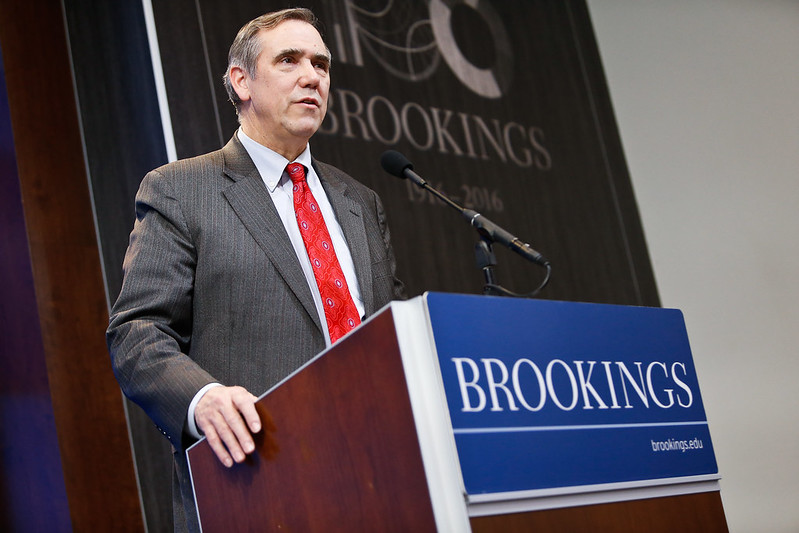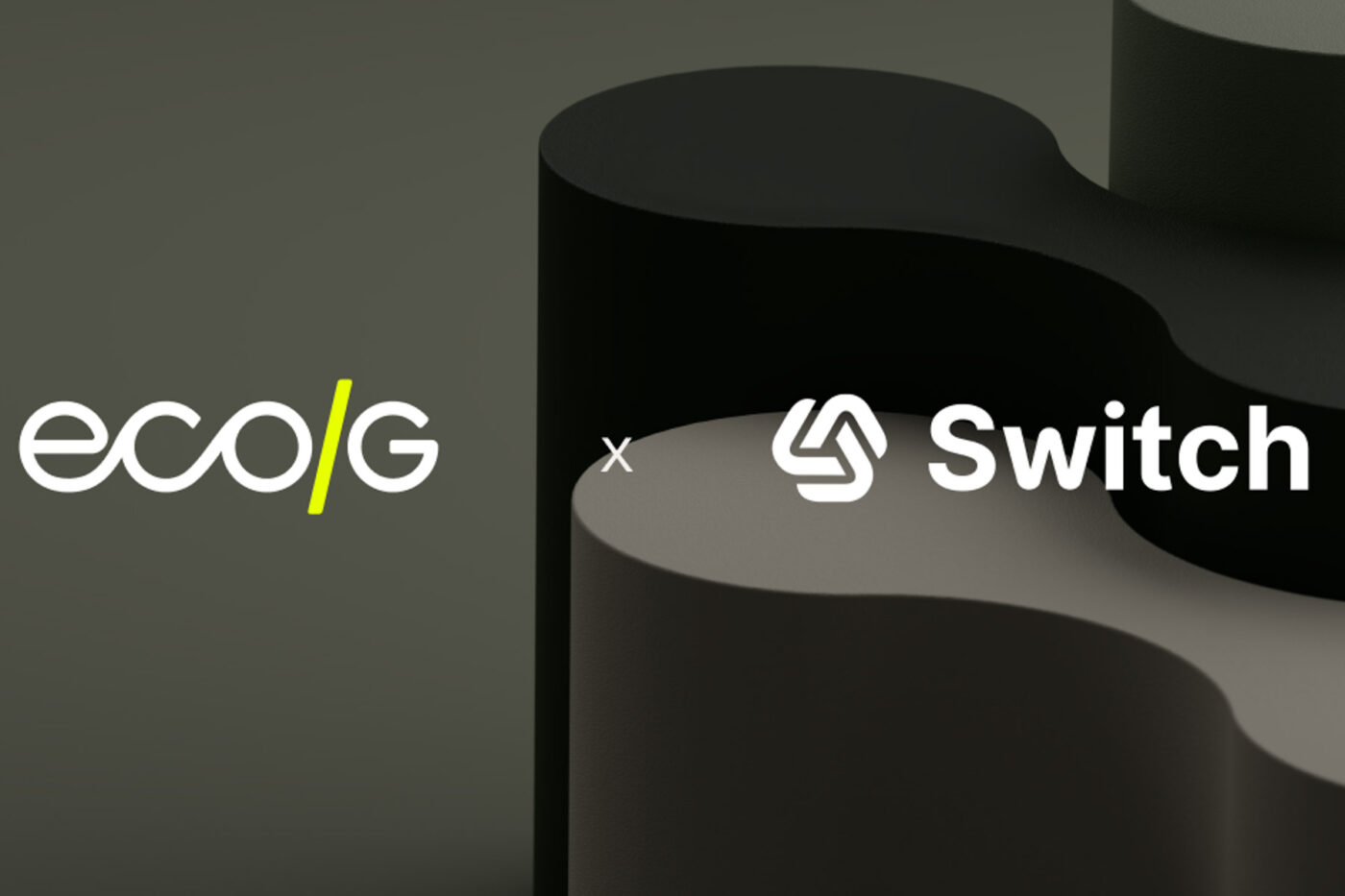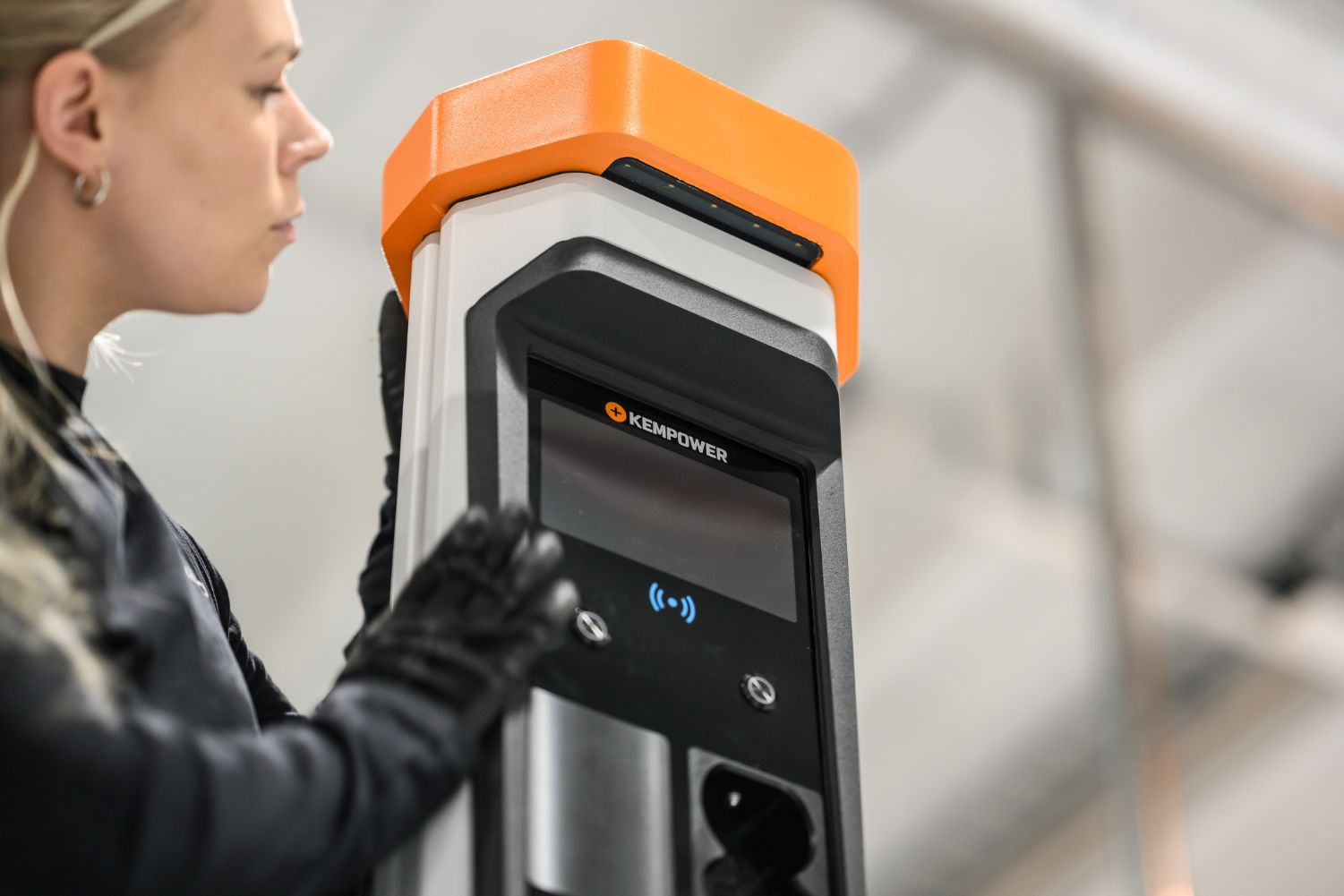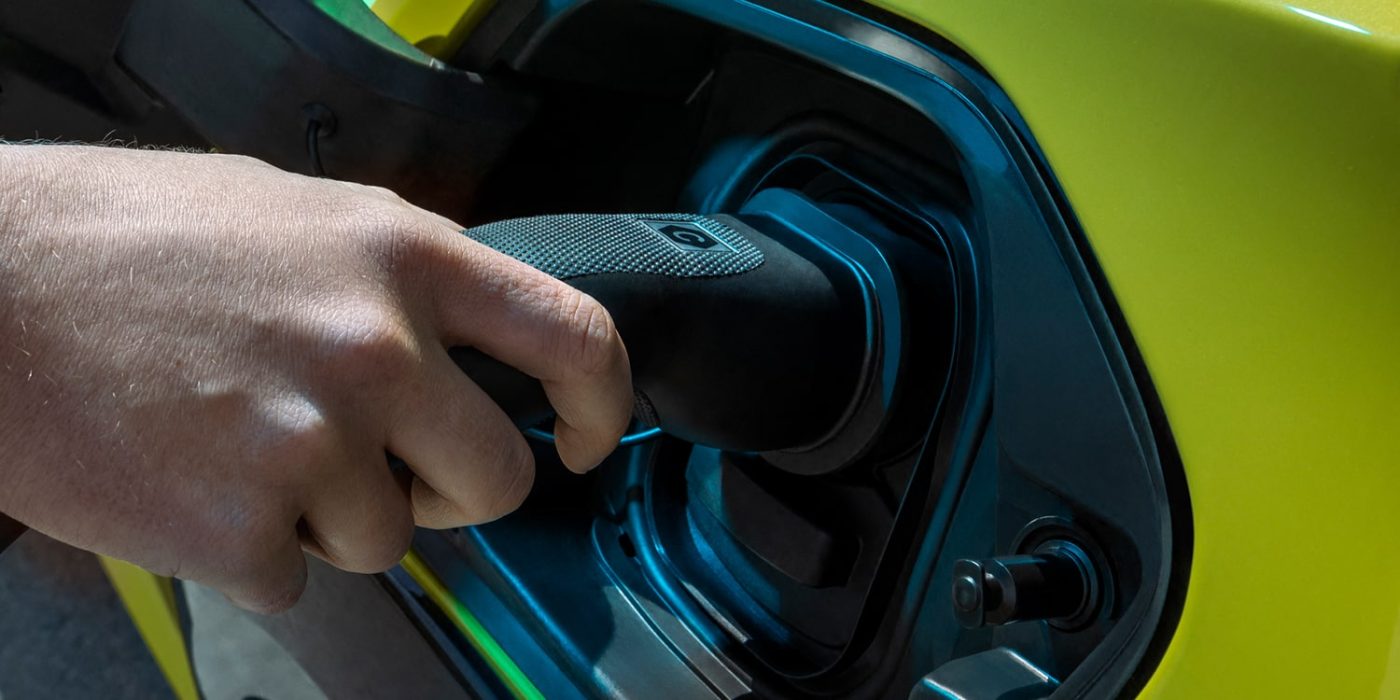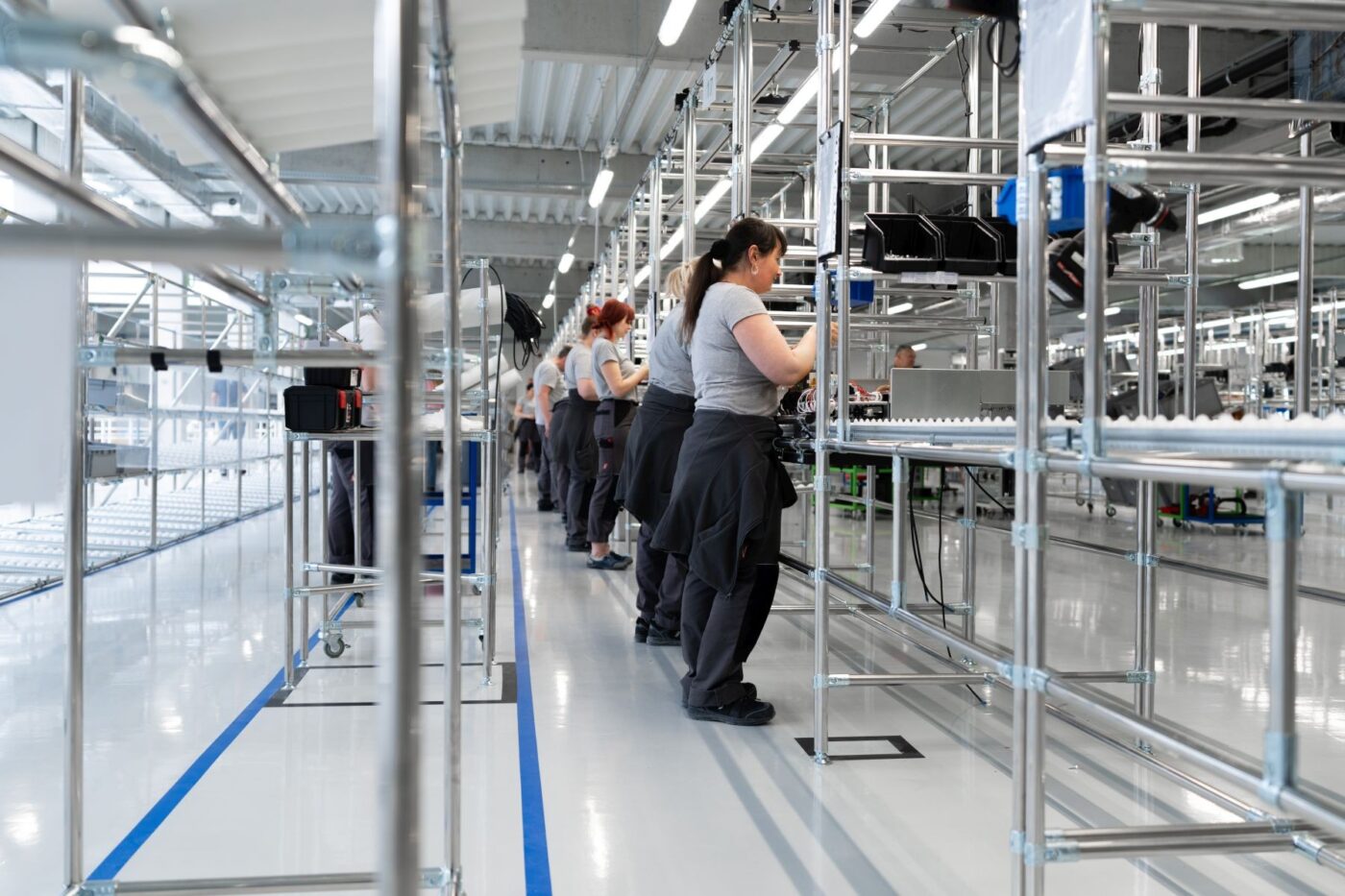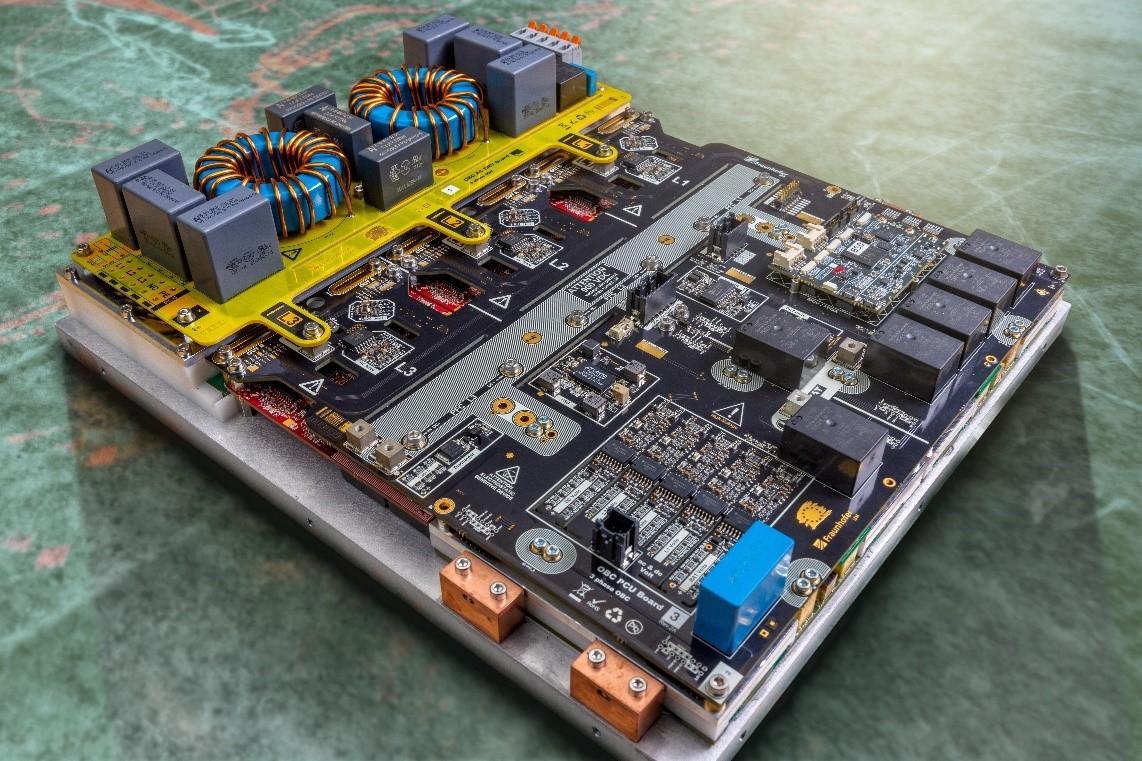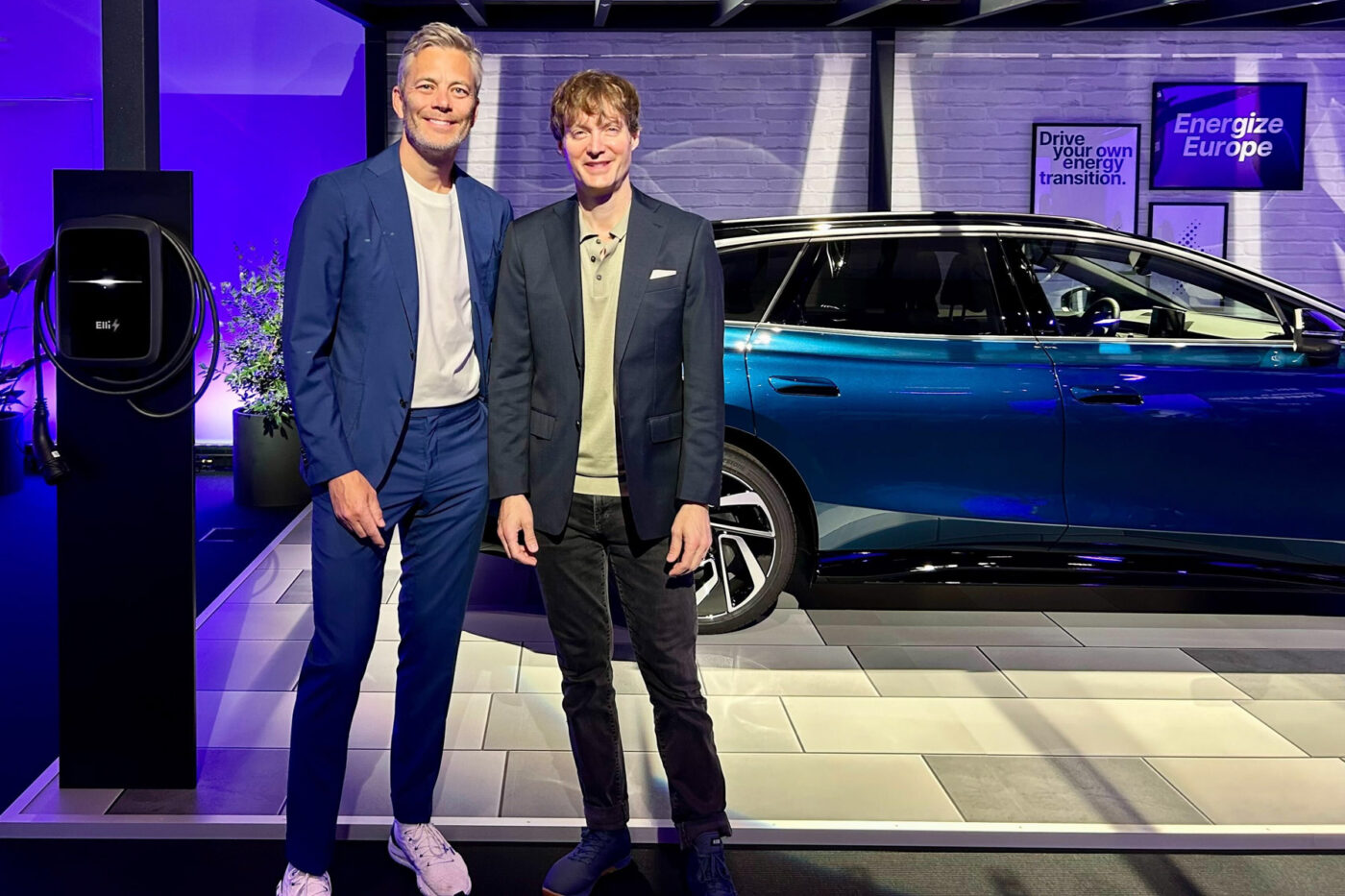Only seven electric vehicle (EV) charging stations have been put into operation with funding from a $5 billion U.S. government program established in 2021, a Democratic senator criticized on Wednesday, calling the progress “pathetic.”
Automakers and other stakeholders argue that significantly expanding EV charging infrastructure is critical to the widespread adoption of electric vehicles, a key component of the Biden Administration’s strategy to reduce greenhouse gas emissions.
The seven EV charging stations deployed under the 2021 U.S. program consist of just a few dozen total charging ports, according to Shailen Bhatt, head of the Federal Highway Administration (FHWA), who spoke at a Senate Environment and Public Works (EPW) committee hearing.
Senator Jeff Merkley expressed disappointment, stating, “That is pathetic. We’re now three years into this … That is a vast administrative failure. Something is terribly wrong and it needs to be fixed.”
Merkley also criticized existing federal highway rules that prohibit the deployment of EV charging stations at rest stops.
Bhatt acknowledged the slow deployment and said the agency is collaborating with states on their plans to roll out EV chargers. He cited multiple programs in states as one of the challenges.
Senate EPW committee chair Tom Carper indicated that he is considering holding a hearing on the slow deployment of EV charging infrastructure, stating, “We want to make sure that the federal money that we have allocated is being used for the right purposes.”
The White House aims to expand the nationwide network of chargers to 500,000 ports, including high-speed chargers spaced no more than 50 miles (80 km) apart on the nation’s busiest highways.
Energy Secretary Jennifer Granholm said on Tuesday that 27 states have issued commercial requests to build charging stations, and she expects about 1,000 EV charging stations in public places to be operational by year-end through the federal government program.
Granholm noted that some areas where charging stations will be deployed do not yet have electricity.
As of December, the United States had 183,000 public charging ports, and since the start of the Biden administration, the number of publicly available fast-charging ports has increased by 90%, Bhatt said, expressing confidence that the United States will achieve the 500,000 charging port goal.

